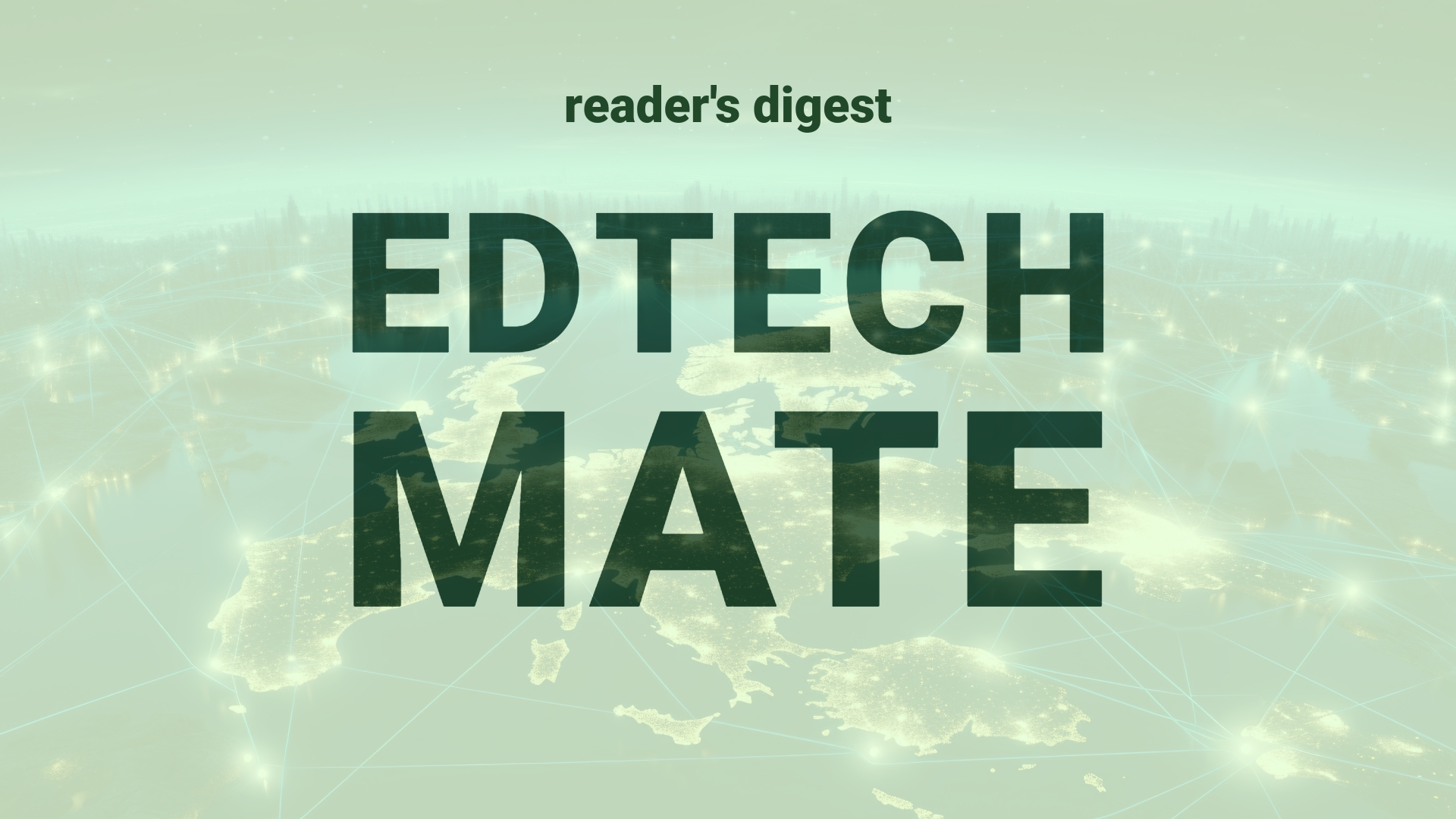Executive Summary and Main Points
Innovations in higher education increasingly spotlight the paradox of persistence in suboptimal strategies for task accomplishment. Recent research investigates why individuals over-persist in less enjoyable tasks despite having more pleasurable alternatives. This has significant repercussions for educational stakeholders focused on optimizing engagement and productivity through digital transformation. Key findings suggest that entrenchment, reinforced by task repetition and continuity, diminishes the likelihood of transitioning to preferable and potentially more efficient methodologies.
Potential Impact in the Education Sector
The study’s insights could fundamentally influence Further Education, Higher Education, and Micro-credential ecosystems. By understanding the psychological barriers to switching tasks, educators can tailor strategies that encourage students and staff to adopt more innovative, digital tools to streamline workflows. This may lead to strategic partnerships with ed-tech firms, integrating platforms that break task entrenchment. Additionally, the potential for enhanced digitalization in micro-credential offerings can be realized by incorporating diverse, modular learning experiences that minimize over-persistence in unengaging study methods.
Potential Applicability in the Education Sector
Innovative applications of AI and digital tools, based on these findings, could entail development of adaptive learning environments that alternate content delivery to reduce entrenchment. Intelligent tutoring systems might be configured to introduce varied types of interactions or alternate between solitary and collaborative learning assignments. Moreover, gamification elements could be periodically introduced into lesson plans to transition away from monotonous tasks, thereby potentially boosting student satisfaction and learning outcomes in global education systems.
Criticism and Potential Shortfalls
There is a potential for misapplication of these findings if the cultural and ethical implications are not fully considered. For instance, the stark distinction between enjoyable and unenjoyable tasks may vary across different international educational contexts. The assumption that digital tools can universally enhance educational experiences may not hold true in regions with limited access to technology or where pedagogical traditions emphasize different values. Comparative international case studies will be vital in assessing the utility and adaptability of these interventions across diverse educational settings.
Actionable Recommendations
For the effective implentation of technology that mitigates over-persistence, the following actionable recommendations are proposed for international education leadership. Firstly, integrate task-switching mechanisms within digital learning platforms as a default feature. Secondly, foster educational partnerships with developers of AI-based productivity tools that can identify and suggest task transitions. Thirdly, initiate pilot studies to measure the effectiveness of these strategies in actual classroom settings as part of an agile development approach to ed-tech integration. And finally, conduct cross-cultural research on task entrenchment and satisfaction to refine these tools for broader global applicability.
Source article: https://hbr.org/2024/06/research-why-we-choose-the-hard-way-to-do-tedious-tasks

